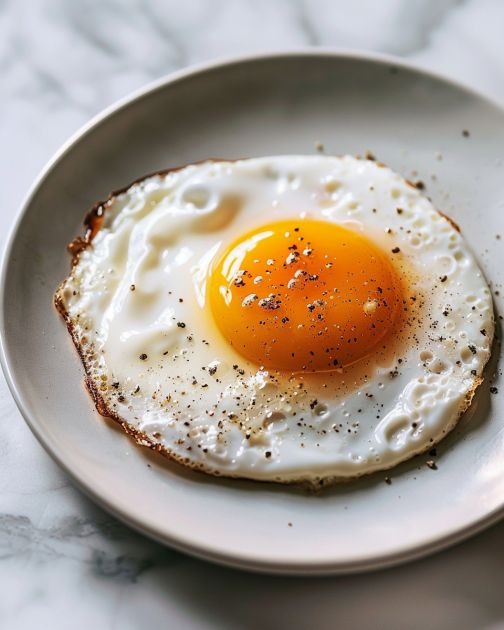ADVERTISEMENT
Desire further content from Cooking Tips
Save this dish to your computer
Even the most basic meals may become a flashpoint for misunderstandings and arguments due to the profound impact that food has on our lives and the relationships we maintain. Even within families, like the traditional mother-in-law and daughter-in-law relationship, the seemingly innocuous over-easy egg may ignite heated arguments. Both the subtleties of cooking and the significance of appreciating and recognizing other people’s viewpoints on food are brought to light in this conversation.
Reading this article will help you understand the several definitions of an over-easy egg and the reasoning behind them. If you keep reading, you’ll find out how a common knowledge of how to cook eggs may improve family dinners and strengthen bonds. The world of eggs is more fascinating than you could have ever thought, so sit back, relax, and get ready to dig in!
When is an egg over-done?
To begin, break one egg into a pan that is very heated.
The egg whites should be firm but the yolk should be slightly runny when cooked.
3–Gently turn over to cook other side for a minute or two.
Popular Fallacies
1. The characteristic “over easy” may be changed by flipping the egg too soon or too late.
2. The consistency of the yolk changes when the eggs are over medium or over hard, which some people may mistake for over easy.
Read more on next page
ADVERTISEMENT
